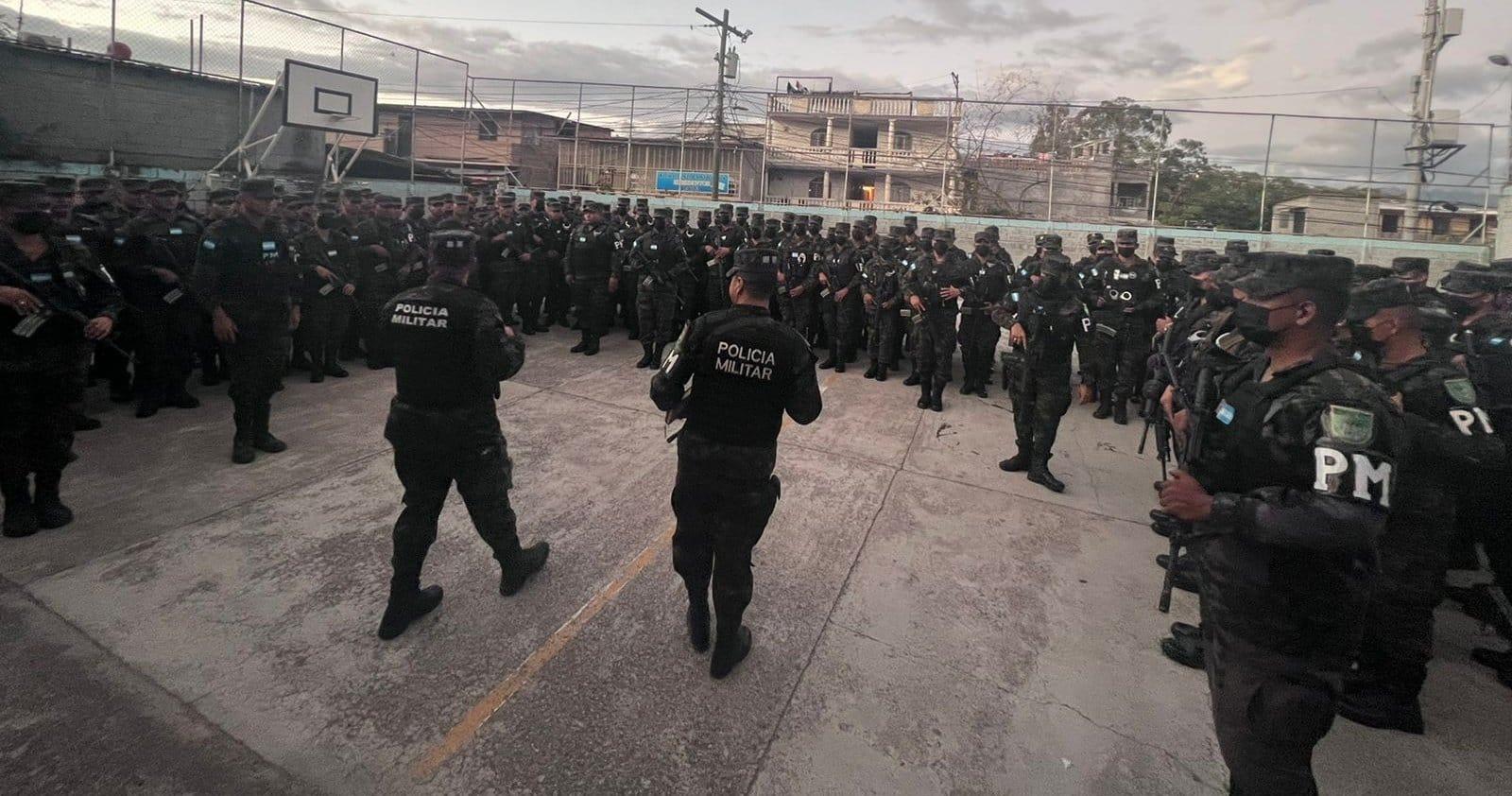Nina Lakhani covered in The Guardian the murder of Guapinol defenders Aly Domínguez and Jairo Bonilla.
UN Special Rapporteur on Human Rights Defenders Mary Lawlor condemned the murder and calls for an independent investigation.
ContraCorriente published an important investigation into the economic ties between Lenir Pérez and the State of Honduras. "Lenir Pérez, the businessman who owns the concessions in the Guapinol mine and the Palmerola airport, maintains his power intact despite the official discourse of President Xiomara Castro against these projects. Accused of benefiting from his relations with former president Juan Orlando Hernández to obtain irregular contracts and abuse the human rights of communities, Pérez could maintain privileged access to the new government through the legal work of Pamela Blanco Luque, partner and wife of Tomás Vaquero, Minister of Government, Justice and Decentralization."
- Home
- About Us
- Issues
- Countries
- Rapid Response Network
- Young Adults
- Get Involved
- Calendar
- Donate
- Blog


